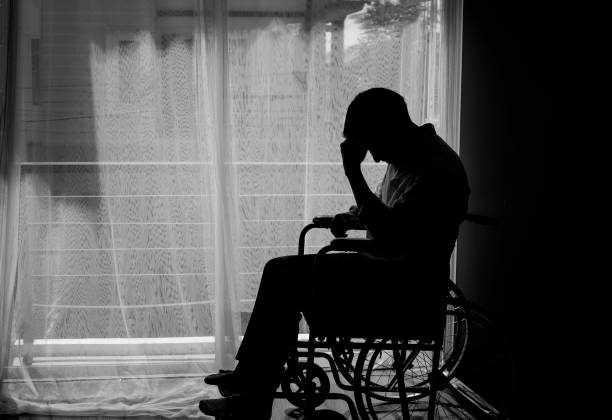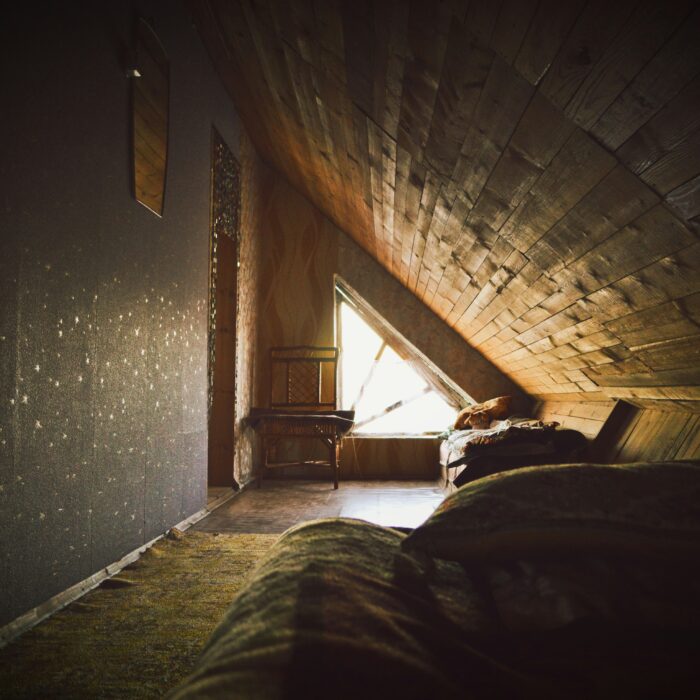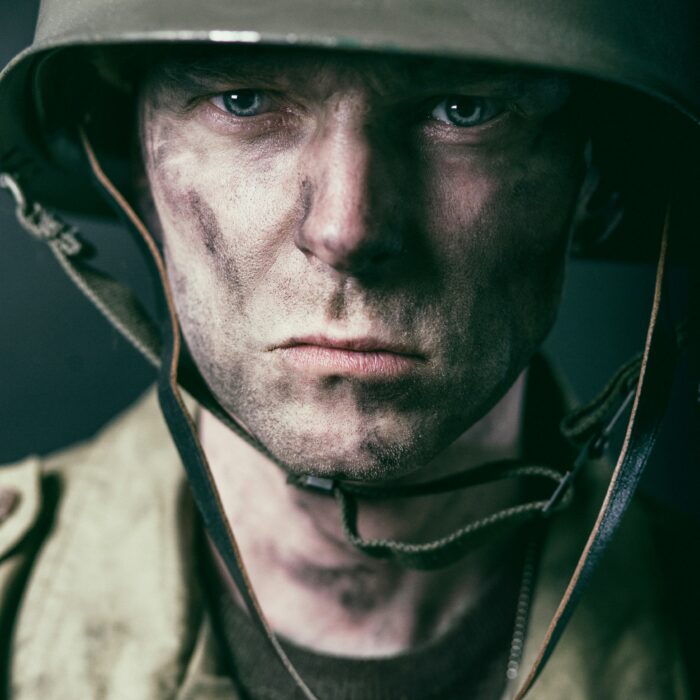You have no items in your cart. Want to get some nice things?
Go shoppingWhen Sofia and her granddad passed through the archway and into the square, everything was still under one big shadow. Her hand felt hot inside her granddad’s and he was pulling it along like he didn’t care if the rest of her came with it. She had to skip sometimes, to keep up with him. They had walked like this all the way from the street where they lived, Sofia in a house with her mother and father, her granddad in his apartment.
By the carousel, she kept her feet together. She made a fist so that when he kept walking, her hand slipped out of his.
‘It’s too fast for me, Nono,’ she said, and she yawned. She rubbed her eyes and a hard bit scratched out of one of them. Her granddad looked at her, like he couldn’t understand the words.
‘Ah,’ he said then. ‘Silly old Nono.’
Sofia patted his hand. She put her arms around his waist, and rested her head on his blue shirt. She breathed in his warm, clean smell.
‘Where are we going?’ she said.
‘For a walk,’ he said. ‘For a little breakfast.’
‘But why?’
‘I feel like cake and hot chocolate.’ Sofia looked up at him. She only ever got a breakfast of cake and hot chocolate on her birthday. She clapped her hands and a man in the nearest corner of the square started to clap too. That was the first time she knew he was there. He began to sing but his voice sounded broken. He had a beard and hair that looked like a horse’s tail that no one ever brushed.
‘Who is that man?’
‘No one,’ said her granddad. And they began to walk again, more slowly this time, through the square, up Via della Speziali and into a coffee shop.
It was while sipping her hot chocolate that Sofia remembered Aunt Luisa had woken her that morning and told her to get dressed, and not her mother. She remembered how her granddad had been standing at the front door, waiting for her. She had only seen her mother for one second, sitting on the sofa in her dressing gown. Her mouth was open but it wasn’t moving. She was staring at the wall in front of her, even though Aunt Luisa sat in the chair beside her and was saying something.
‘What is it, sweetie?’
‘Why was Aunt Luisa in our house this morning?’
‘Oh. Well, your mother has a cold. Luisa’s looking after her.’
Yesterday, her mother had worked in the garden all afternoon while Sofia played with her dolls. She had been singing. But Sofia’s granddad always told the truth.
‘She must have got sick in the night time,’ she said, slowly.
‘Exactly.’
‘But where was Papa this morning?’
‘Your father? At work. He had to go early.’
‘My father is very busy,’ she said. ‘He has a very important job and lots of people depend on him.’
‘That’s right,’ he said. ‘That’s right. Good girl.’
Back outside, he said some of the English words he learned in the war, when he stayed with the Americans.
‘Less go boys. You wan some ice cream? Sunuvabeech.’ He said them in the voice that made Sofia laugh. Then she asked him what happens in a war. She asked because she knew what he would do, and she wanted him to do that.
‘Some people fight,’ he said. ‘Then to cheer themselves up, some people sing happy songs.’ And he lifted her onto his shoulders, and began to sing. She joined in at the end.
‘I’ve got a gal in Kalamazoo/Don’t want to boast/But I know she’s the toast/Of Kalamazoo.’
‘Is Kalamazoo a kind of zoo?’ she said, when she was back on the ground.
‘That’s it,’ he said. ‘We’ll go to the zoo, in Pistoia.’
‘Can we take the train?’
‘Of course.’ Sofia clapped her hands again.
‘But wait,’ she said. ‘Maybe we could go home first.’
‘You know your mama told me we should have fun today? And come back when she’s all better?’
‘She said that?’
‘Absolutely.’
At the zoo, they saw insects that looked just like the twigs they held onto. Sofia’s granddad said they made themselves that way so no one could see them. They saw wolf cubs. It looked like they were trying to hurt each other but her granddad told her that that was how wolf cubs play. They saw a bear. He looked like he was white once but never bothered to wash. Birds screeched at them from trees. Sometimes, when Sofia asked her granddad a question, he didn’t hear her and she had to say it again. Three times he took his phone from his pocket and looked at it and put it back in his pocket. He didn’t say anything that was funny.
‘Wait here,’ he said, when they were in the restaurant with big plates of French fries and glasses of coca cola in front of them. He walked to the other side of the room and spoke into his phone. Sofia could not hear a single word he said.
‘Was that Mama?’ she said, when he came back.
‘No, no.’
‘Papa doesn’t go to work on a Saturday,’ she said. She had only remembered this now. ‘He does his work at home, in the office. Why was Papa at work this morning?’
‘A big case,’ said her granddad. ‘Like you said, he’s very important.’ He tapped the table top with his fingers, looked out the window.
‘I want to go home,’ she said. And she picked up a French fry and threw it on the ground.
‘Sofia,’ he said, lifting her onto his lap. ‘You don’t want to spend time with Nono? We could get the bus back into Pistoia town, get some ice-cream. Then we’ll go home, I promise.’
In Pistoia, they walked along skinny, twisting streets, eating ice cream. He told her stories about the people in the houses they passed.
‘See that one? With the red flowers on the windowsill upstairs? The man who lives there never stops whistling. A witch put a spell on him.’
‘No, Nono.’
‘It’s true. You see that one with the blue boots outside the door? Whenever the woman who lives there wears those boots, she goes invisible. She gets up to terrible mischief.’
‘It’s not true.’
‘Oh yes it is.’ They had stopped walking. They were standing outside a brown door at the end of a street. ‘Now. How would you like to meet an old friend of Nono’s?’ he said.
‘But you keep saying we’ll go home and then we don’t.’
‘Sofia, don’t pout. We’ll go home soon, I promise you.’
‘I’m not pouting. You’re a liar.’
‘Sofia. Stop this, now.’ He had never used a loud voice to her before.
‘It’s not fair,’ she said. And she began to cry. But her granddad rang the doorbell anyway.
‘What have we here?’ said the woman who opened the door. She had a small, sharp face that made Sofia think of a fox. Her eyes shone when she smiled.
‘A tired little girl,’ he said.
‘Oh dear,’ said the woman. ‘Well, come on in.’
Inside, she gave them glasses of orange and biscuits. She said such a pretty girl as Sofia couldn’t be sad for too long. She said she had never seen such lovely hair before. Then she took out a pack of big cards. She spread them out on her table, so you could not see their pictures. She told Sofia to pick out three of them.
‘Oh, my goodness,’ she shrieked, when she turned around Sofia’s cards. ‘Oh, what a sparkling future I see. Oh, I’ve never seen anything like this before.’
All the ‘ohs’ made Sofia giddy. It was like being tickled. It made her fill up with giggles. She forgot about wanting to go home.
‘A horse,’ she said, pointing to one of the cards.
‘Yes, yes, a horse,’ said the woman. ‘Very nice.’
‘The Luccas have horses,’ she said. The woman smiled and looked very interested. ‘Last week me and Papa went to the Lucca’s so I could ride their horse, like last year. Papa said I was like a little princess, my back straight as a pin. Not like Roberto. Papa said Roberto looks like a sack of potatoes on his horse. Like this.’ And she bunched her shoulders forward and stuck her toes out to the sides and squatted and walked, her eyes big in her head. She filled her cheeks with air.
‘It’s not Roberto’s fault he’s fat,’ said her granddad.
‘Papa does that,’ she said. ‘To be funny.’
‘Well, there are lots of places you can go horse riding,’ he said. ‘If you don’t like Roberto.’
‘But I do like Roberto,’ she said. ‘And Amelia said that one of the horses will have a baby this summer and I’ll give her a name. And maybe Mama and Papa will give it to me for my birthday.’
‘Amelia?’ said the woman.
‘That’s Roberto’s sister. My babysitter. She’s going to be a model.’
But the woman had stopped smiling. She was looking at Sofia’s granddad. His eyes were closed.
‘What’s wrong?’ said Sofia.
‘Nothing’s wrong,’ said the woman. ‘Now, how would you like to see some kittens?’
By the wall the small garden, the mother cat and kittens lay on a red blanket. All the kittens were tugging at the teats on her pink belly. It looked sore, the way they pulled at them, but the cat just lay there, looking up at Sofia. She stayed like that as Sofia lifted the kittens and tickled their tummies and scratched their heads.
‘It’s hard work being a mama,’ explained the woman. ‘Will you be a good girl and keep her company?’
When she had gone back inside, Sofia counted to ten. Then, very quietly, she walked to the door. Slowly, she pressed down the handle. In the hallway, she put her ear to the door of the living room. First she heard nothing, and then her granddad spoke.
‘A complete bastard.’ His voice sounded tired. She had never heard her granddad say that word before. But she kept her ear to the door.
‘Poor Cecelia,’ said the woman. Cecelia was Sofia’s mother’s name. Sofia remembered her sitting on the sofa that morning. The sofa was an island and her mother was floating on it all alone. Sofia opened the door.
‘I want to go home,’ she said. ‘It’s time to go home.’
‘How long have you been there?’ said the woman. They were both staring at her.
‘Only a second,’ said Sofia.
On the train, she leaned her head against the window and closed her eyes. She kept them closed all the way in the train and in the taxi and when her granddad lay her on the bed in his spare room and put a blanket over her. She did not open them again until she could hear the television.
From the hallway, she could see him sitting on the sofa. She could see the white hair on the back of his head and his hand on the arm of the chair.
Sofia turned around. She tiptoed down the hall and out the door. She pressed the button and, for the first time in her life, took the elevator on her own. She pushed open the tall, dark door of the apartment building and stepped outside.
The street was quiet and the lamps on the path had come on. No one else was there. Across the road, the house she lived in with her mother and father had no lights on and the door and all the shutters were closed. It looked like someone else’s house. But her father’s car was in the driveway and she ran there. She kept her finger on the doorbell until she heard footsteps in the hall and the door opened. Then her father was there, staring down at her.
‘Papa,’ she said. She took a step towards him. She lifted her arms. But he said nothing. He just looked down at her, like he was trying to remember who she was. His shirt was open so you could see the dark hair behind it. The bottom half of his face was dark too. She thought of the man in the square that morning.
‘Sofia,’ he said then. Like he had just found the word. And he lifted her and held her against his chest. He took a step backwards, leaned against the wall. ‘My little Sofia. You’re on my side, aren’t you? You came to cheer me up.’ But the words came out all joined together. His fingers pinched. A mean smell came from his mouth.
‘You’re hurting me,’ she said. ‘Where’s Mama?’
His hands went loose and she slid to the ground. He looked at her like she had done something wrong.
‘Always with the tears,’ he said. ‘A spoiled little girl. Here’s a gift for you, spoiled Sofia. How would you like Amelia to have a little brother for you? You’d like that maybe? To play with?’ He laughed, but it sounded ugly. Then he turned around, walked down the hallway. He knocked himself against the wall on his way, like he could not see, even though the light was on. Sofia followed him.
‘Amelia can’t have a brother for me,’ she said. ‘Only Mama.’ But he just laughed again.
‘This is great news you bring me, Sofia,’ he said. ‘All my troubles have gone away.’
He fell onto the sofa. Then he closed his eyes. From outside, she heard her granddad calling her name, loudly, over and over.
In the wardrobe, she heaped the folded t-shirts and cardigans onto her legs, the hanging dresses hid her face.

Liza Costello lives in Dublin. Her work has appeared in Mslexia, Southword and Crannóg Magazine, and has also been broadcast on Irish national radio. Last year, she was shortlisted for the Francis MacManus Short Story Award. She is currently working on a collection of short stories called Piazza della Republica.






Liza, I really enjoyed your story. Beautifully written.